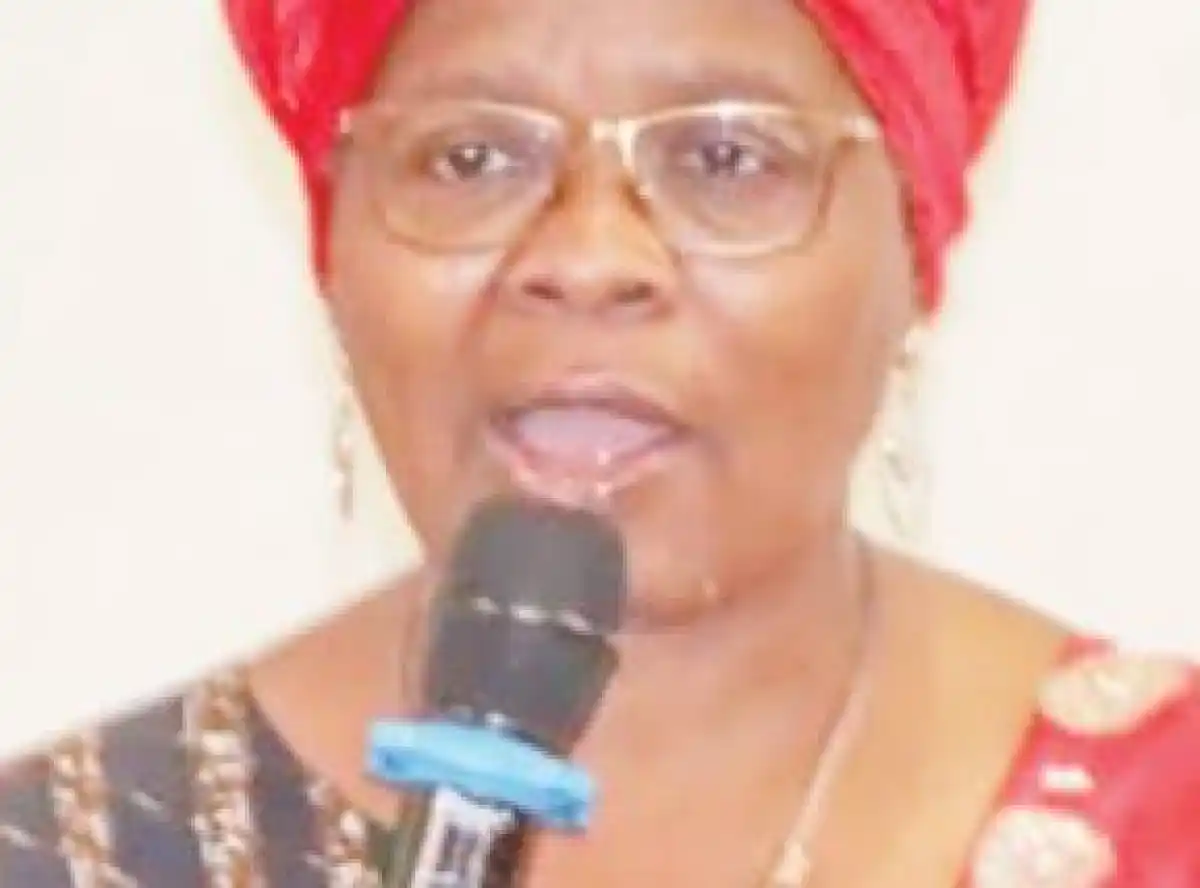
Delegates to the two-day National Debt Conference in Lilongwe have urged the Executive arm of government to discontinue borrowing commercially with non-concessionary loans.
A communique read out at the close of the conference in Lilongwe on Thursday stated that these loans often carry high interest rates and terms that can lead to unsustainable debt burdens over time, jeopardising the country’s long-term financial stability and development prospects.
Delegates have further called on the Executive to address the indiscriminate granting of tax waivers to companies, which negatively impacts revenue generation.

Reads the communique in part: “A comprehensive review of taxation policies and systems is essential to ensure equity, fairness, and compliance for businesses and individuals.”
The Executive has also been cautioned to exercise fiscal discipline by avoiding borrowing for consumption. Instead, they should focus on investments that promote sustainable economic growth, infrastructure development, and human capital enhancement.
The statement also emphasised the need to introduce Bills in Parliament that encourage production aligned with available resources.
Additionally, the government has been asked to set interest rates rather than relying solely on market forces.
This move aims to stabilise the economy, protect consumers from volatile market conditions, and align interest rates with national economic goals.
In his address, Revenue Policy Division chief economist in the Ministry of Finance Wazi Ligomeka observed that the country has untapped revenue potential in its value added tax (VAT) system.
However, he was quick to add that realising this potential requires targeted improvements in VAT administration.
Said Ligomeka: “Currently, only 14 percent of VAT is being collected, a figure significantly lower than some sub-Saharan countries that collect as much as 32 percent.”
Turning to Parliament, the delegates have urged members of Parliament (MPs) to enforce the 28-day threshold for introducing financial Bills to ensure timely consideration of financial matters and promotion of fiscal discipline.
Additionally, the delegates have called for the establishment of a budget office within Parliament which should enhance the institution’s capacity to analyse and evaluate debt-related issues before approval.
Meanwhile, presidential adviser on non-governmental organisations (NGOs) Martha Kwataine has called on civil society organisations (CSOs) to invest in data research so as to be armed with factual evidence to effectively engage with the government on critical issues.
Kwataine encouraged CSOs to collaborate with academia and research institutions to access readily available data which is crucial for informed advocacy



0 Comments